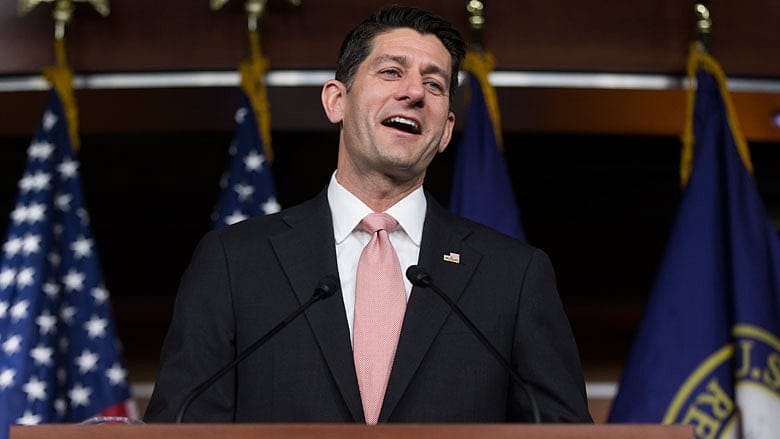He fights

"I can't spare this man," President Abraham Lincoln noted about General Ulysses Grant, "he fights."
In some ways, that represents the views of grassroots Republicans about Donald Trump. They may not agree with Trump on the particulars of various issues. They probably feel uncomfortable when his rhetoric turns from the political to the personal. Many of his business deals and life choices probably unnerve them. Deep down, they may even question the degree of his commitment to conservatism or the GOP. But despite it all, they like him because, as Lincoln said of Grant in much graver circumstances, "he fights."

